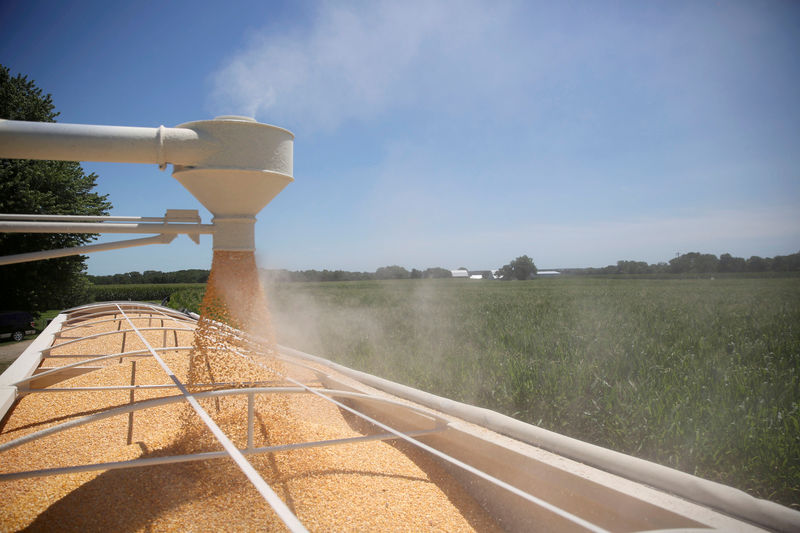By Stephanie Kelly
NEW YORK (Reuters) - A big surplus of U.S. biofuel blending credits would likely blunt potential price increases in the market if the Trump administration follows through on its proposal to boost blending volumes mandates, four industry sources said.
Prices for the credits known as Renewable Identification Numbers, or RINs, tanked this month after the Environmental Protection Agency decided to grant 31 biofuel waivers to oil refiners, exempting them from their obligation to blend ethanol into their gasoline.
The administration has since sought to quell anger over the waivers in the agricultural industry and is considering boosting next year's blending volumes mandates to compensate for the impact of the waivers, Reuters reported last week https://af.reuters.com/article/commoditiesNews/idAFL2N25J0V4
While that move could help bolster demand for corn-based ethanol, its impact - especially on the RIN market - could be muted by a buildup in the so-called "RIN bank" over the past few years: There were 2.19 billion carryover RINS from 2018 for use for compliance in 2019, according to EPA estimates, compared to 2.59 billion for 2018, 2.22 billion for 2017 and 1.54 billion for 2016.
"Even if the EPA (Environmental Protection Agency) moves forward with some of the ideas being talked about, we wouldn't expect it to have significant impacts on RIN prices," said one industry source familiar with the matter, citing the size of the RIN bank.
Renewable fuel credits for 2019 traded at 15.75 cents apiece on Friday, far below 88.75 cents each two years ago. RIN prices have fallen due to the Trump administration's expansive use of the Small Refinery Exemption program, which allows refineries of less than 75,000 barrels per day to seek waivers from their blending obligations under the Renewable Fuel Standard. Under the RFS, refiners must blend certain volumes of biofuels or buy RINs from those that do.
Facilities can also carry over a percentage of RINs from previous years, which has led to the accumulation in the RIN bank.

After the decision to grant the 31 waivers caused an uproar in farm states, the president and his administration discussed ways to boost biofuel demand. One proposal is to lift the 2020 annual corn-based ethanol mandate by 500 million gallons and the biodiesel mandate by 250 million gallons.